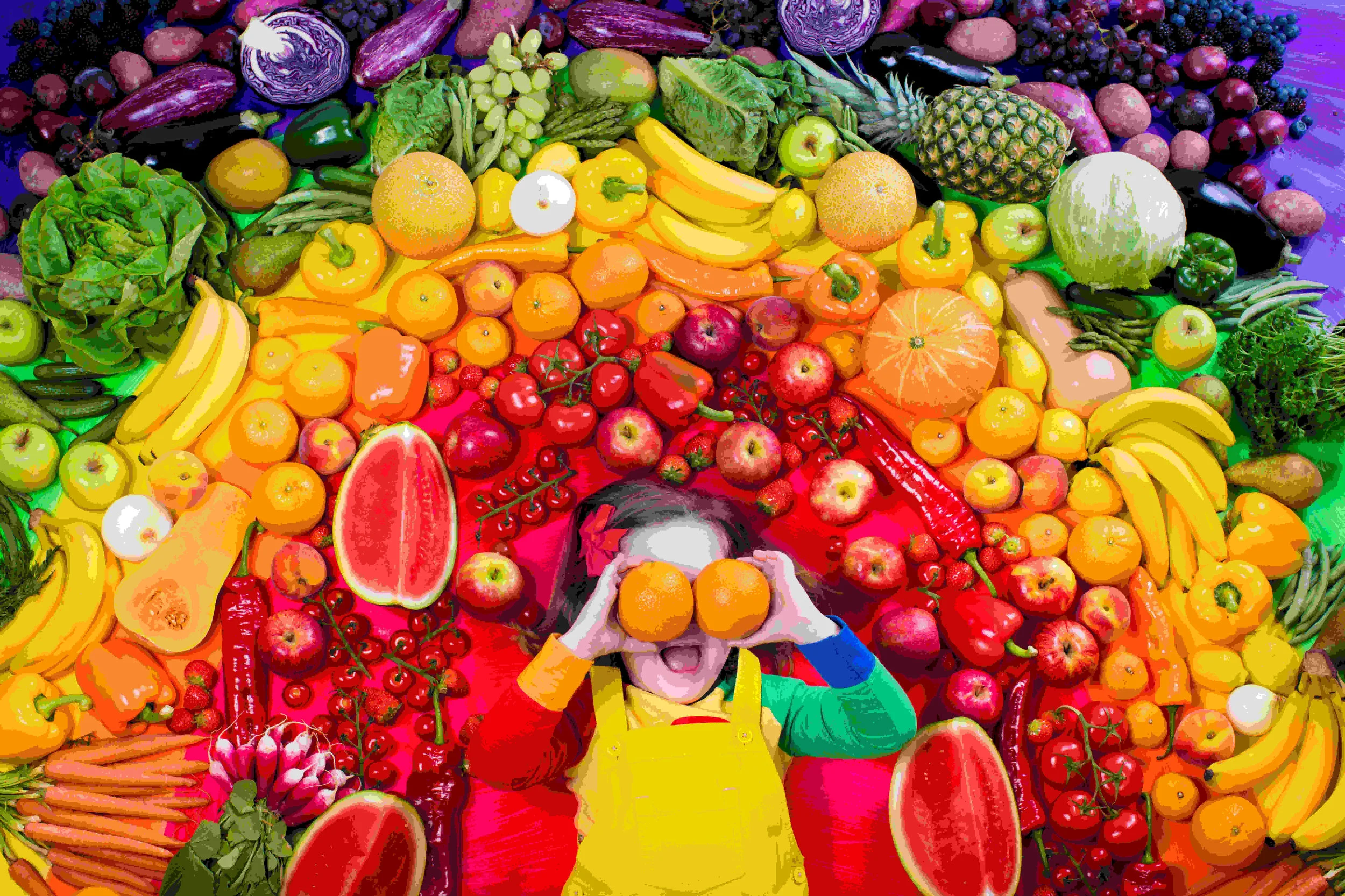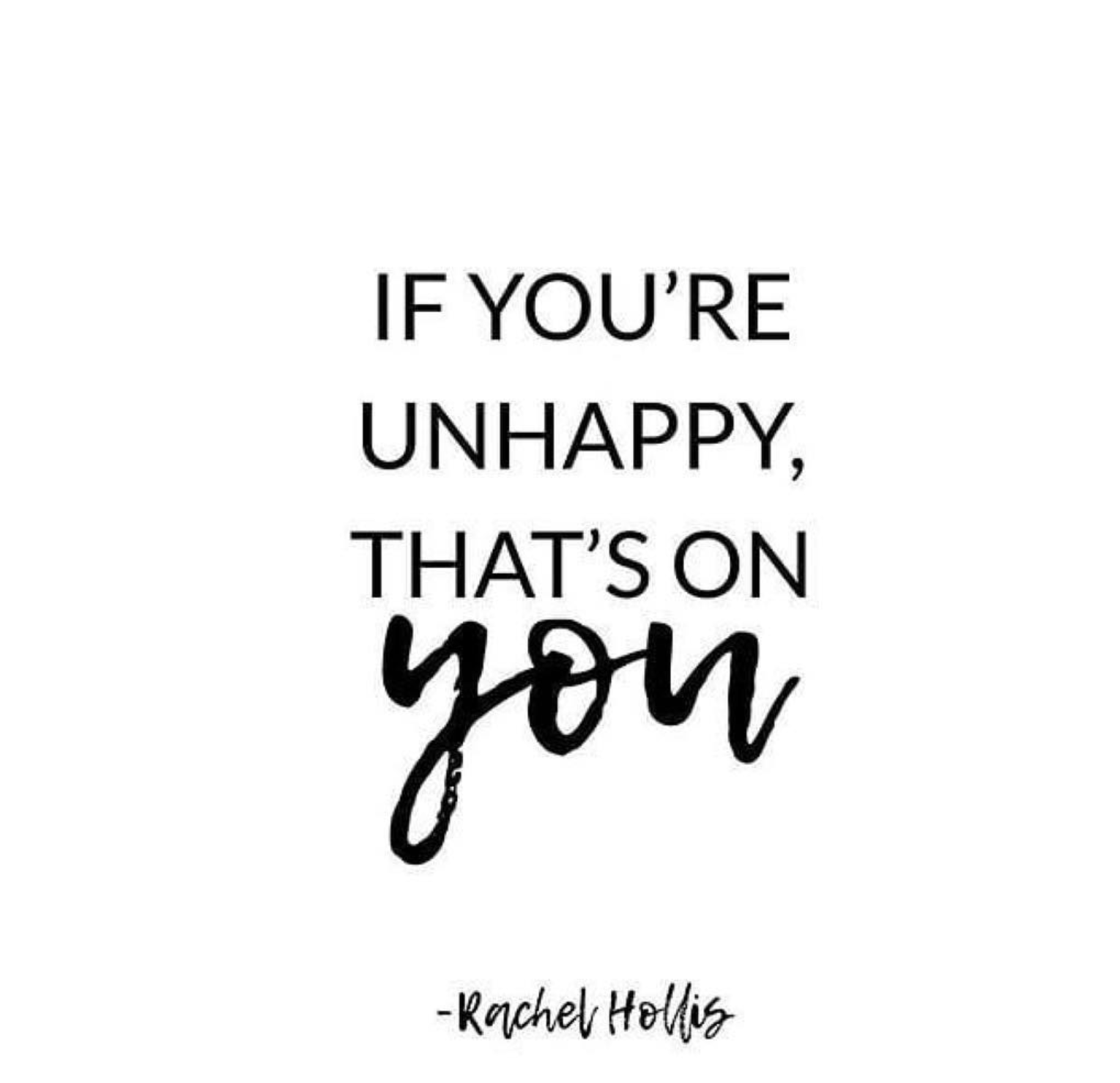All the money you could save with Dry January
All the money you could save with dry january
Dry January is an annual tradition for many people; a way to kickstart a New Year’s resolution to drink less or to detox from the yearly Christmas blowout. Commonly referred to as Joyless January, it gets a bad reputation for being a boring and sensible reaction to a festive period of overindulgence. But beyond the health benefits, Dry January can do wonders for your bank balance too.
Drinking costs you more than just the amount you spend on alcohol. While cutting out a large glass of wine every night could save you around £124 by the end of January, according to Cancer Research UK, this pales in comparison to the money saved on the sundries accompanying your glass. Consider the cab fare home, the late-night takeaway, the social cigarettes, and drunken Amazon purchases.
Drinks
Don’t underestimate the cost of your drinks alone though. While the price of beer varies across the UK, we’ll take the average of £3.00 for a pint. 16 pints a week is the average for middle-aged men according to The Drinks Business (£48 per week and £192 per month), but the average number of units in one pint of beer is 2.5, meaning middle-aged men are drinking around 40 units per week: 40 units worth of spirits will be much more. The average cost of a 25ml shot of spirit in a bar is £2.75 and a 25ml shot contains 1 unit: that’s £110 per week on spirits and £440 per month. Add in mixers and the price is at least £1 more expensive, adding an extra £40 to a weekly count and £160 to the monthly total.
Researchers at University College London found men drank an average of 28.3 units per week, 25 percent less than presumed by The Drinks Business: equating to £33.96 per week £135.84 per month on beer or £106.40 per week and £425.60 per month on spirits and mixers.
Give up the booze for a month and you could be looking at savings of £425 to £600. This does assume you’re doing all your drinking in a pub, bar or nightclub, but it’s a scary number nonetheless—especially since the UK Chief Medical Officer recommends men and women should not drink more than 14 units per week. If these numbers still seem shocking, remember people almost always under-report the amount of alcohol they consume, with one study finding university students reported drinking 11.7 units in one night, when they actually drank 19.5 units. Your savings calculation will depend on what, where and how much you drink but that’s rent money in many places in the UK.
Food
What pairs better with a night out than a pile of cheesy chips on the way home? Drinking makes you crave salty, fatty foods, which is why we tend to end up ordering kebabs and mozzarella sticks after a night on the town. If you just order the one kebab at £3.50, stopping a two night a week habit will net you £7 per week or £24 per month. Doesn’t sound like much, but every little helps, and who stops at one kebab? Add in the cost of your trusty hangover remedy food or post-party brunches and you could easily be dropping hundreds of pounds per month on drinking food, especially if you’re more of a wine and cheese night person.
Oh, and the 40p for a pack of paracetamol. Don’t forget that.
Smoking
If you’ve stopped smoking, you’ll probably still feel the desire to light up when you drink; and if you’re a social smoker, you’ll find your desire intensifies. The University of Oregon found this is because the nicotine metabolite ratio is increased when we drink—we metabolise nicotine faster with alcohol in our systems, meaning we crave more and therefore smoke more to satisfy the urge. If you smoke half a pack on a night out and you went out twice a week, you’d be looking at saving £10.40 per week and £41.60 a month. There’s a phone bill.
Taxis
How much does it cost to get home? The research on taxi and Uber spending doesn’t detail the purpose of every ride hailed but larger cities see people spending £60 to £80 per month on cab fares. Trump change compared to the cost of drink driving, but money that can be saved if you’re able to navigate public transport.
NHS
According to Drink Aware, alcohol harm costs society £21 billion annually, including the £3.5 billion in costs to the NHS, £11 billion in alcohol-related crime costs and £7.3 billion in lost productivity. For one month, then, that’s £1.75 billion that could be saved if we all stopped drinking in January. While this certainly isn’t an article intending to demonise drinking, we’d likely have a lot more in our back pocket from lowered taxes and national insurance payments if we just quit. The University of Bath found binge drinking costs everyone in the UK £77 per year (price per capita) and defined binge drinking as the consumption of more than 12 units of alcohol in one go—that’s four glasses of wine. Dry January would save us all £6.42 in social costs on top of all the savings above.
Giving up alcohol even for a short period of time can have myriad health benefits, including reducing blood pressure, improving sleep, better digestion, better immune health, and weight loss. It can help you reassess your relationship with alcohol—remember that one month of abstinence does not absolve you of 11 months diving back into your old alcohol habits.











Why doesn’t the human body crave the nutrients in fruits and vegetables, preferring instead to demand sugar and fat in unhealthy quantities?